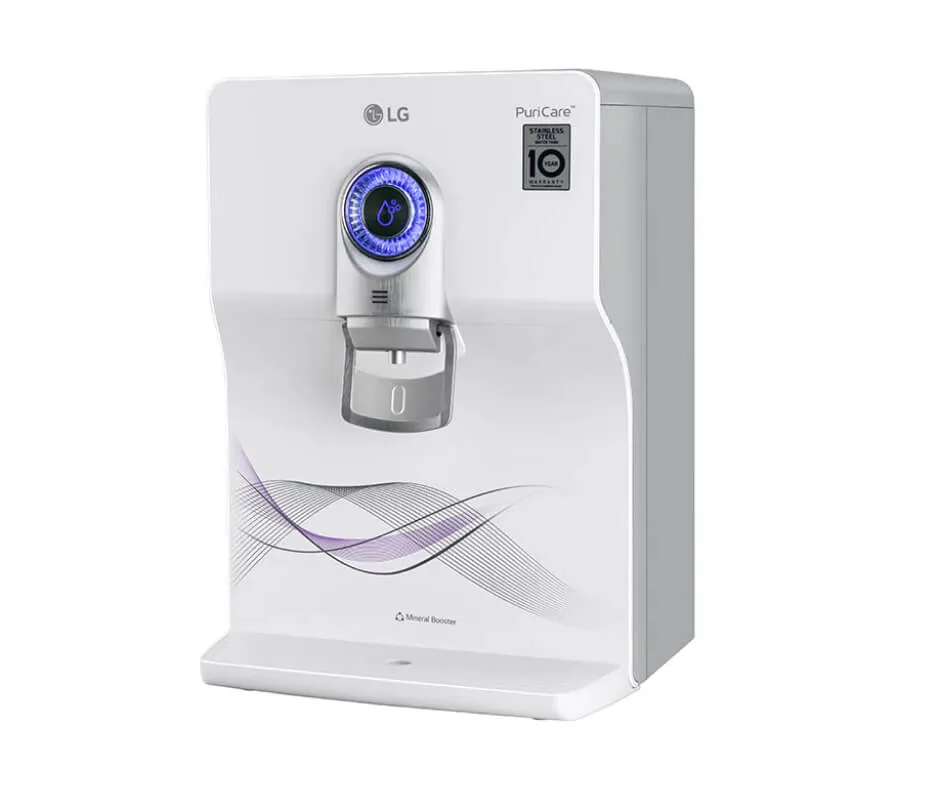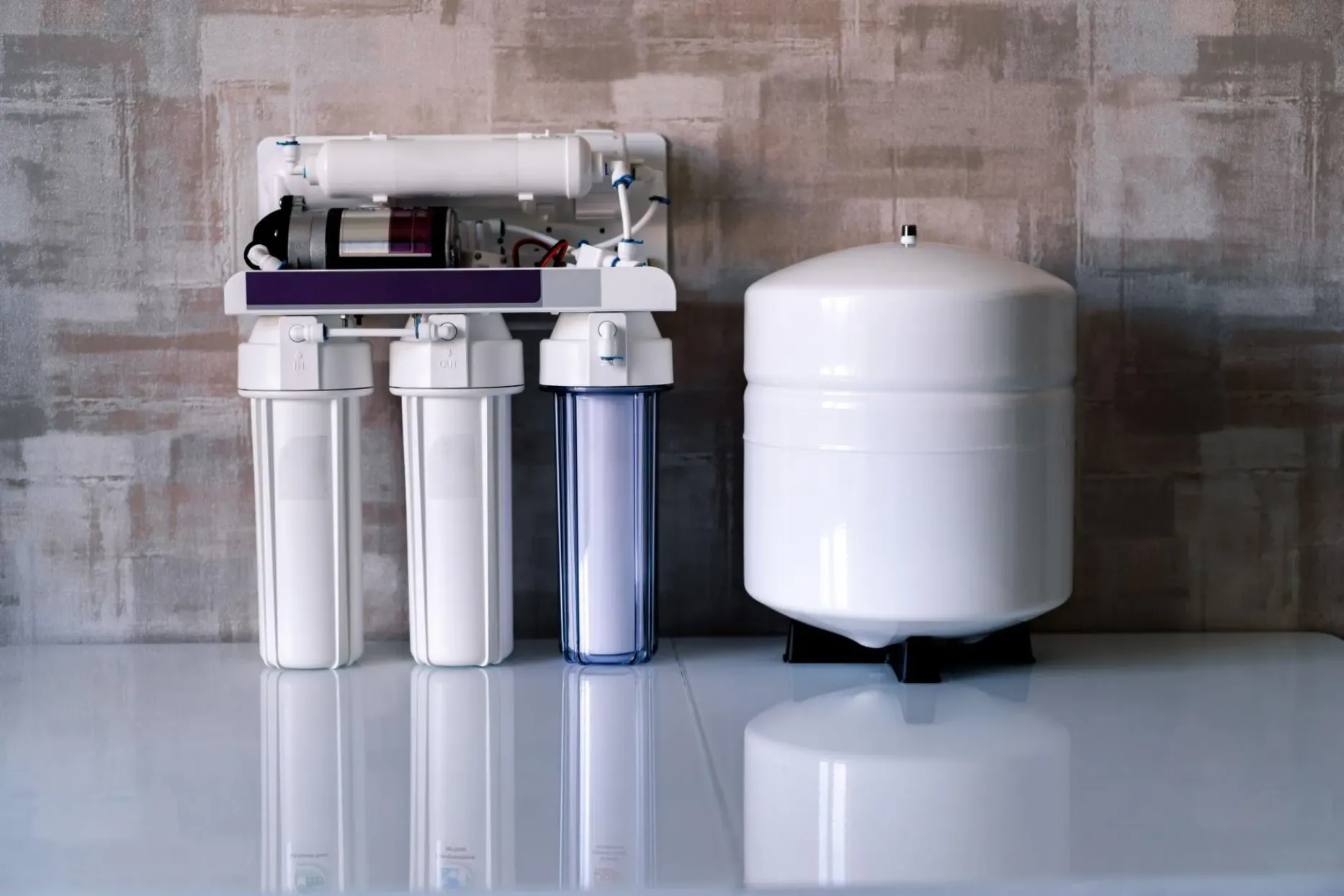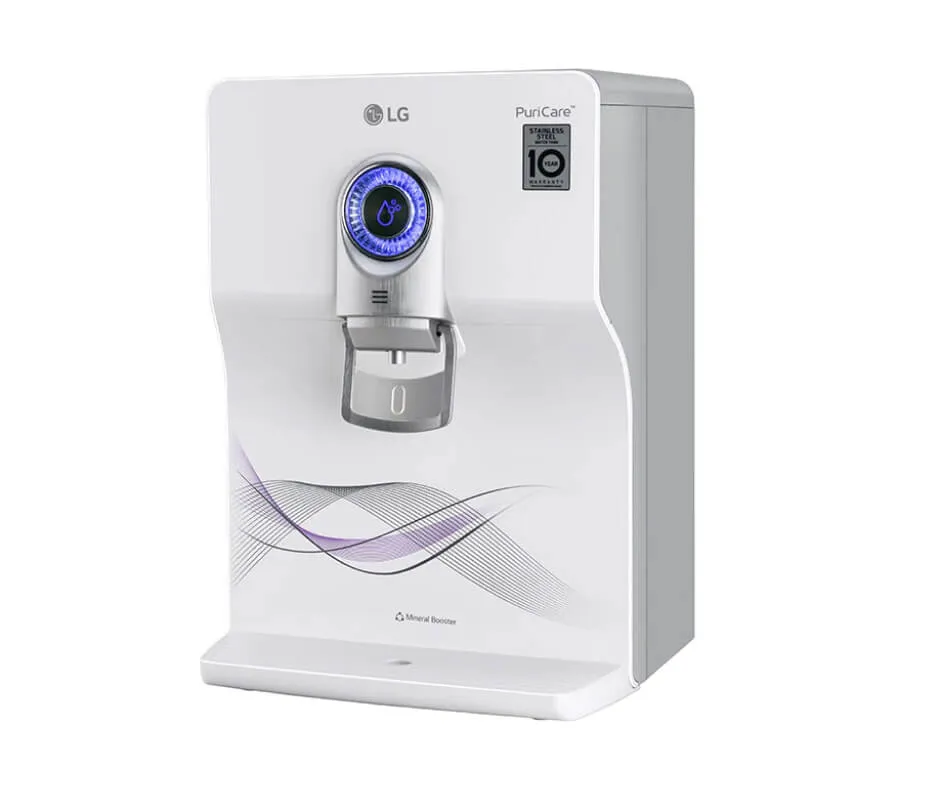overview
We supply the best water purifier in Kannur that removes impurities from water, including sediment, chemicals, and biological contaminants. Water purifiers work to kill or remove bacteria, viruses, and other microorganisms that can be harmful to human health. Water purifiers are similar to water filters, but they focus on removing biological contaminants rather than just sediment and chemicals. Water filters and purifiers use the same mechanical concept of sucking in raw water, filtering out contaminants, and delivering clean water.



